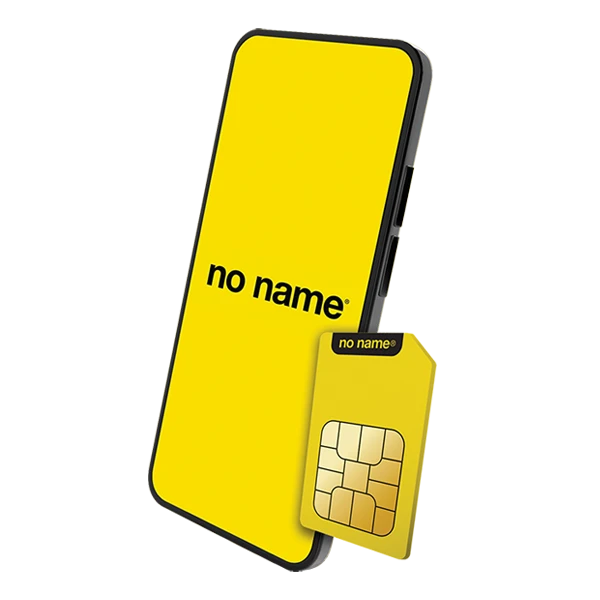
WIND Mobile Wants to Provide Wireless Coverage Underground on Vancouver’s Canada Line But They Have to Get Through Telus First
Ever since the launch of mobile companies such as WIND mobile and Mobilicity, the biggest challenge has been competing against Canada’s Big Three wireless brands Rogers, Telus, and Bell.
While these new, smaller carriers provide competitive offers, their service coverage areas are plagued with blackouts and dead zones. In Vancouver, WIND mobile and Mobilicity struggle to get their service coverages areas to be broad and consistent.
In their latest move to improve service, WIND mobile sent an application to the Canadian Radio-television and Telecommunications Commission (CRTC) in an attempt to make the City of Vancouver and InTransit BC (the Canada Line operators) aware of the “local monopoly” that Telus holds along the tunnel service of the Canada Line. WIND mobile indicates that this hold makes Telus a “gatekeeper” that other carriers must fight through.
Globalive, WIND mobile’s parent company, attempted talks with Telus earlier this year but those failed in April because Telus was requesting “exorbitant” fees to gain access to the transit system network.
While having WIND mobile provide coverage on Vancouver’s Canada Line is great for competion, in 2008 Telus signed an agreement to design the wireless system for the Canada Line. This system cost the company over $2 million. However, under the contract, Telus is legally bound to provide access to at least three other wireless carriers. At this time, Telus has agreements in place with Rogers and Bell and the company says they are willing to speak with Globalive again.
Overall, Globalive is trying to accomplish what every new Canadian wireless carrier wants: better competition. Globalive believes more intervention is required to support Ottawa’s goal of promoting wireless competition.
“This is simply an example of an institutional issue that we have across this country, which is that the incumbents have had a 30-year head start on new entrants,” said Simon Lockie, Globalive’s chief regulatory officer. “It is just in their best commercial interests to do everything they can to avoid competition, real competition, from new entrants like Wind. And unless they are forced by government action to give access to infrastructure, then they simply won’t do it.”
While the CRTC can force access to public areas under the federal Telecommunications Act, the City of Vancouver, InTransit BC, and Telus want Globalive’s application dismissed. They say that the application is unnecessary as Globalive has an opportunity to negotiate commercial access. The problem here is that Globalive feels that the rates that could be negotiated are simply too high.

[via The Globe And Mail]

